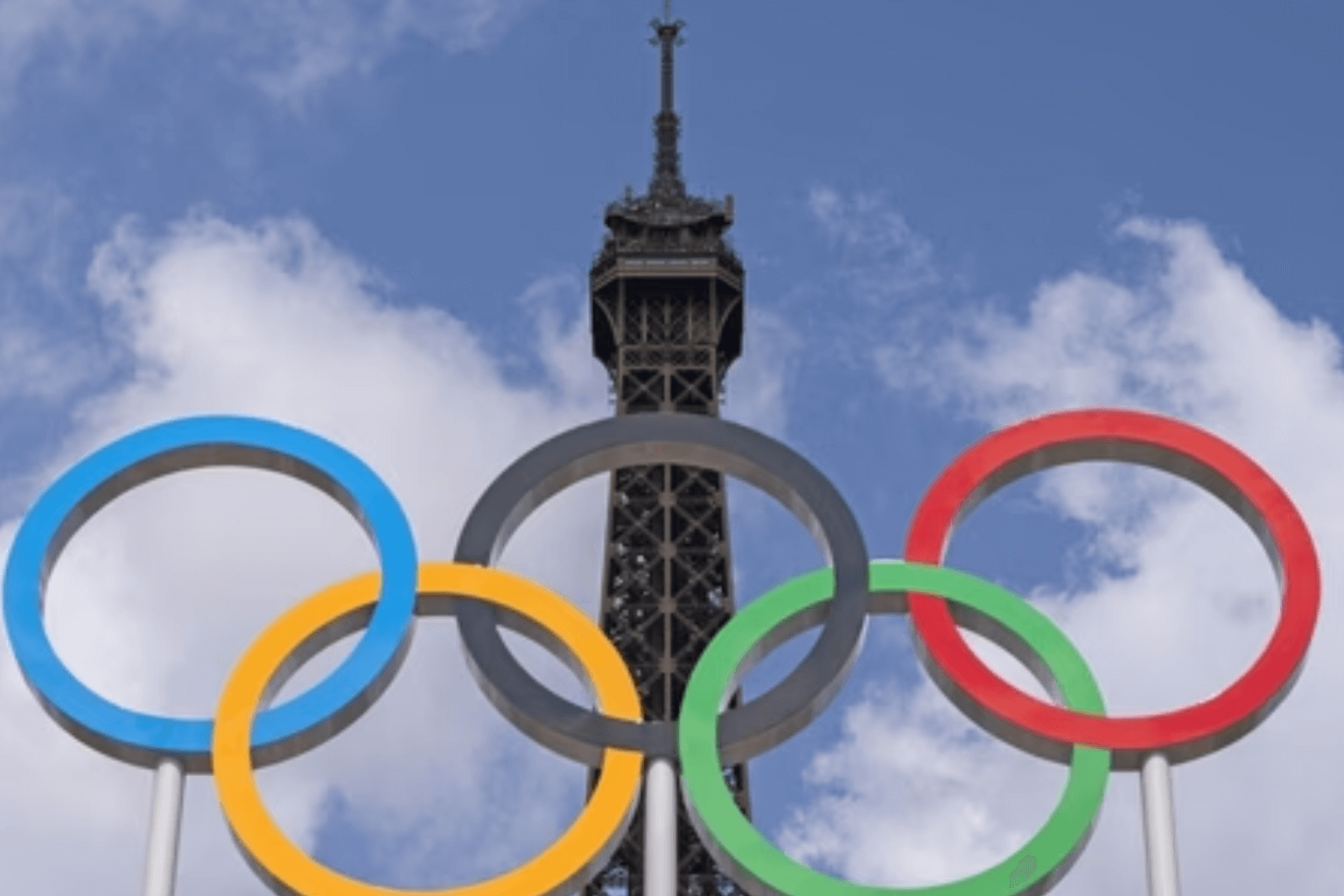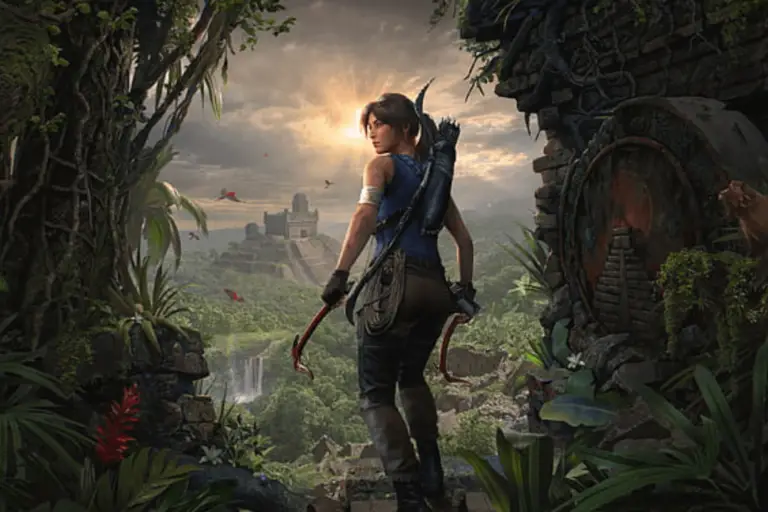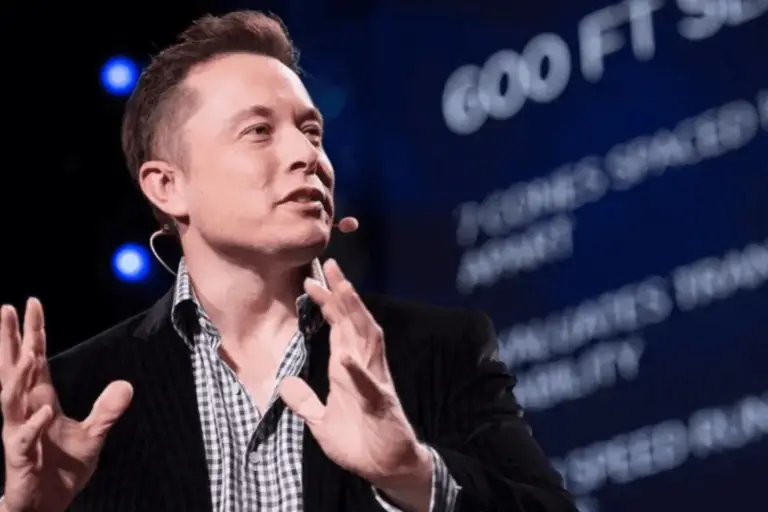
Paris Olympics: broadcasters’ unique AI approaches unveiled
NBCUniversal in the U.S. is using advanced AI tools for the Paris Olympics, while other broadcasters are using AI in different ways.
Americans will be able to see generative AI in action at the Paris Olympics, but Europeans won’t be able to see the same thing. This difference shows how media companies around the world are thinking about how to use the technology.
One company, NBCUniversal, which is owned by Comcast, is using AI to re-create the voice of a famous sportscaster for its U.S. show of the Games. However, Warner Bros. Discovery’s European sports section said the tech is still too new for jobs like commentating on sports.
Tech companies have shown Warner Bros. Discovery ways to translate speech into other languages, but Scott Young, senior vice president at Warner Bros. Discovery Sports Europe, said that the demos didn’t have the emotion that comes with heart-racing sports moments. The Games will be streamed across Europe on Discovery’s Max and discovery+ platforms.
Marcell Jacobs, an Italian runner, shocked everyone when he won gold in the men’s 100-meter race in Tokyo. Young said that Italian commentators screamed their responses, showing that they were really living that story while sitting next to each other. “That is very hard to make automatically.”
AI Enhancements for U.S. Viewers
In the US, viewers will be able to experience AI when they watch the Games on NBC or the streaming service Peacock. This is because NBCUniversal, Team USA, and Google have joined forces to make this possible. Images of the Olympic sites on Google Maps that have been enhanced by AI will help viewers get a feel for Paris, and NBC’s hosts will show how Google AI search can answer questions about the games.
Also, NBCUniversal will use generative AI to make customised daily briefings of the Olympics. An AI version of sports commentator Al Michaels’ voice will read these briefings. NBCUniversal said that during the Paris Olympics, almost seven million different versions of the daily reports could be made.
By paying $7.65 billion, the media company has the world’s biggest deal to show the Olympics until 2032. The Olympic Broadcasting Services uses AI to help quickly cut huge amounts of video into short highlights. This neutral coverage can be used by media companies all over the world. Yet, it stayed alert to the dangers of deepfakes and changing the truth.


